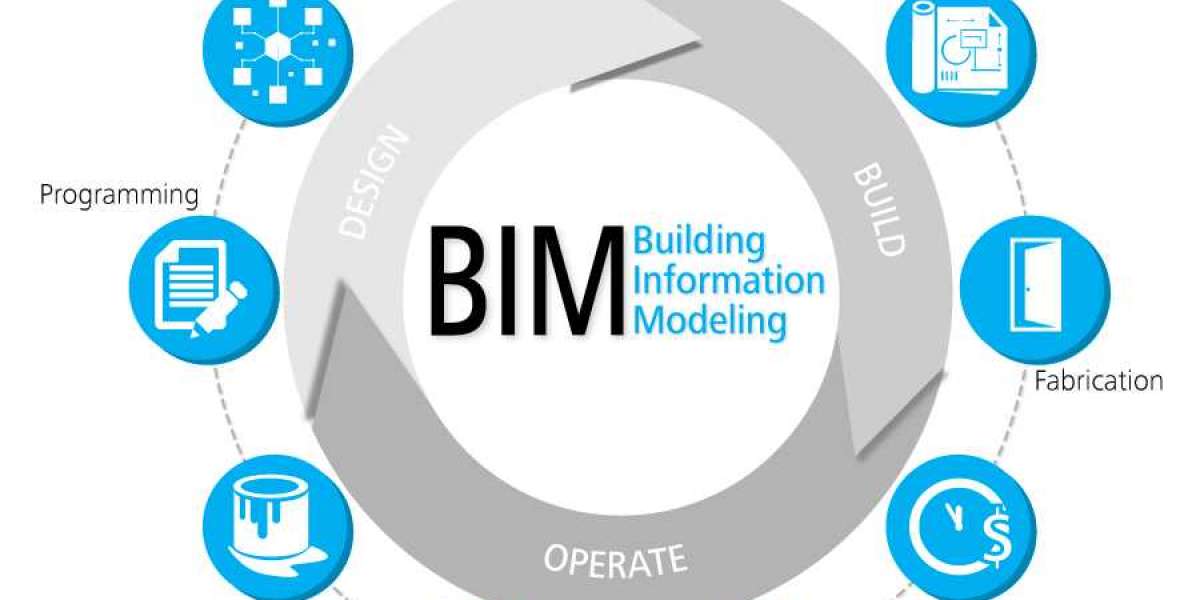Achieving Excellence: Understanding the Significance of ISO 9001 Certification
Introduction
In today's competitive business landscape, organizations constantly strive to enhance their operations, improve customer satisfaction, and boost overall efficiency. Amidst these goals, achieving ISO 9001 certification stands as a hallmark of excellence. This internationally recognized standard sets out the criteria for a quality management system (QMS), guiding organizations towards improved performance and customer satisfaction. Understanding the significance of ISO 9001 certification is paramount for businesses aiming to thrive in today's market. This article delves into the importance of ISO 9001 certification, exploring its benefits, implementation process, challenges, and future outlook.
Benefits of ISO 9001 Certification
ISO 9001 certification offers a myriad of benefits to organizations across various industries. Firstly, it provides a structured framework for enhancing internal processes, leading to increased efficiency and productivity. By adopting ISO 9001 standards, companies streamline their operations, minimize errors, and optimize resource utilization. Moreover, ISO 9001 certification enhances customer satisfaction by ensuring consistent delivery of high-quality products and services. This fosters trust and loyalty among customers, ultimately translating into long-term relationships and repeat business. Additionally, ISO 9001 certification enhances organizational credibility and market competitiveness. It serves as a tangible proof of a company's commitment to quality and continuous improvement, instilling confidence in stakeholders and attracting potential clients. Overall, the benefits of ISO 9001 certification are multifaceted, ranging from operational efficiency to enhanced reputation, making it a strategic investment for businesses aiming for sustainable growth.
Implementation Process of ISO 9001 Certification
The implementation process of ISO 9001 certification entails meticulous planning, execution, and evaluation. Initially, organizations need to conduct a gap analysis to assess their existing processes and identify areas for improvement. Subsequently, they develop a quality management system (QMS) aligned with ISO 9001 requirements, encompassing policies, procedures, and performance metrics. Implementation involves engaging employees at all levels, fostering a culture of quality consciousness and continuous improvement. Training and awareness programs are essential to ensure staff competency and compliance with ISO standards. Moreover, organizations need to document their processes, procedures, and quality objectives, facilitating transparency and accountability. Internal audits and management reviews play a crucial role in evaluating the effectiveness of the QMS and identifying areas for refinement. Finally, organizations undergo an external audit by a certification body to assess their conformity with ISO 9001 standards. Successful certification marks the culmination of a rigorous implementation process, validating the organization's commitment to quality excellence.
Challenges in Obtaining ISO 9001 Certification
While ISO 9001 certification offers numerous benefits, organizations may encounter several challenges during the certification process. One common challenge is resistance to change, as employees may perceive the implementation of new processes and procedures as disruptive or unnecessary. Overcoming this resistance requires effective communication, training, and leadership to garner buy-in and foster a culture of quality. Another challenge is the allocation of resources, including time, budget, and personnel, required for implementing and maintaining the QMS. Organizations must carefully plan and allocate resources to ensure the successful implementation and sustainability of ISO 9001 certification. Additionally, maintaining compliance with evolving ISO standards poses a challenge, as organizations need to continuously monitor and update their QMS to align with changing requirements. Moreover, achieving buy-in and commitment from top management is crucial for the success of ISO 9001 certification. Without strong leadership support, efforts to implement and sustain a QMS may falter. Overcoming these challenges requires dedication, perseverance, and a proactive approach to quality management.
Conclusion
iso 9001 certificación serves as a testament to an organization's commitment to quality excellence and continuous improvement. The benefits of ISO 9001 certification extend beyond operational efficiency to encompass enhanced customer satisfaction, market competitiveness, and organizational credibility. However, obtaining ISO 9001 certification requires diligent planning, implementation, and perseverance. Organizations must navigate challenges such as resistance to change, resource allocation, and compliance with evolving standards to successfully achieve and maintain certification. Despite these challenges, the rewards of ISO 9001 certification are invaluable, positioning organizations for sustained success and growth in today's dynamic business environment. As businesses strive for excellence, ISO 9001 certification remains a cornerstone of quality management, paving the way for enduring success and customer satisfaction.








